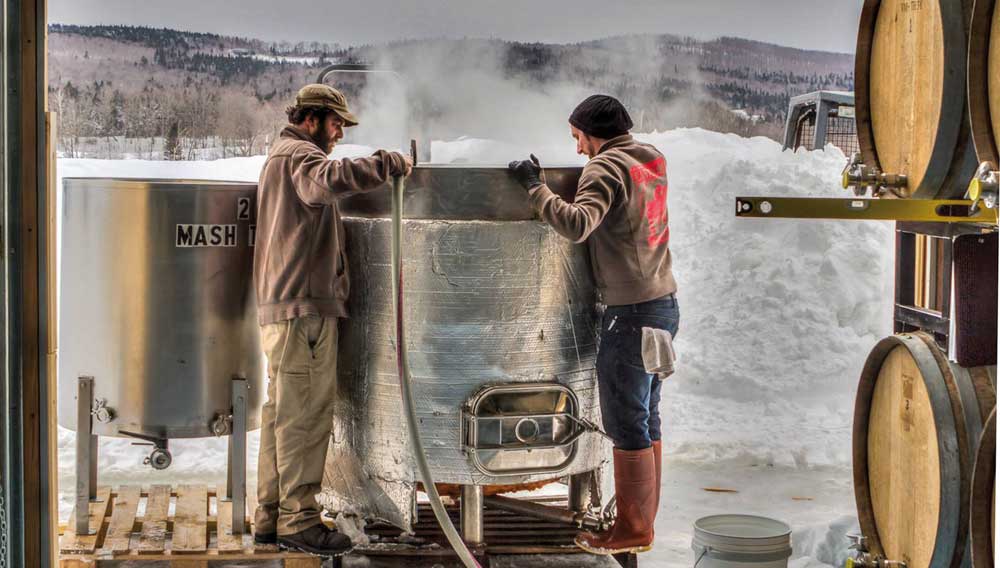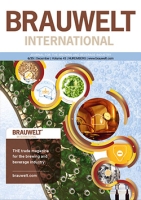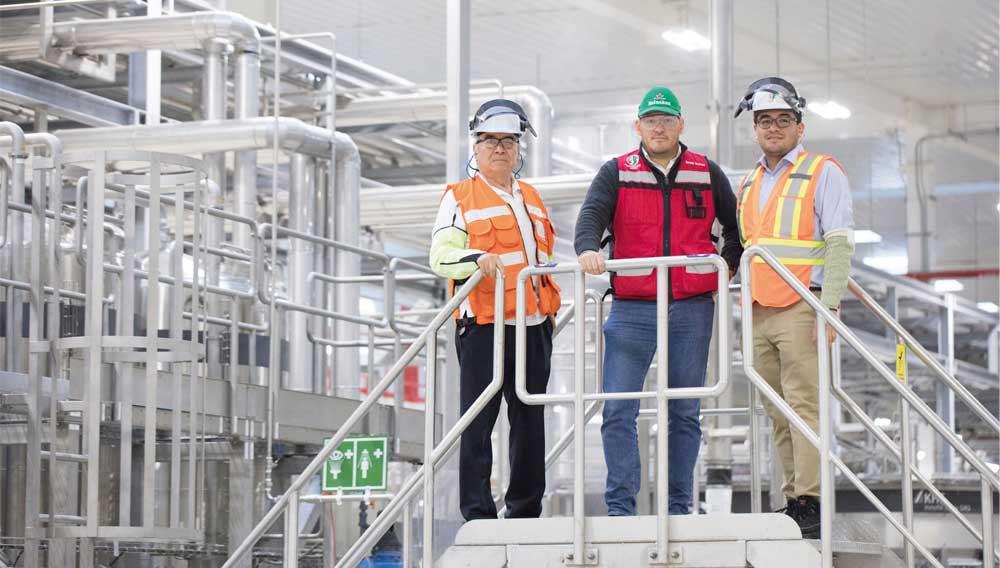
An exemplary plant | Heineken and KHS are setting standards with the newest and one of the biggest breweries in Mexico on all counts: besides its impressive proportions the plant is also a shining example when it comes to ecological and economic sustainability.
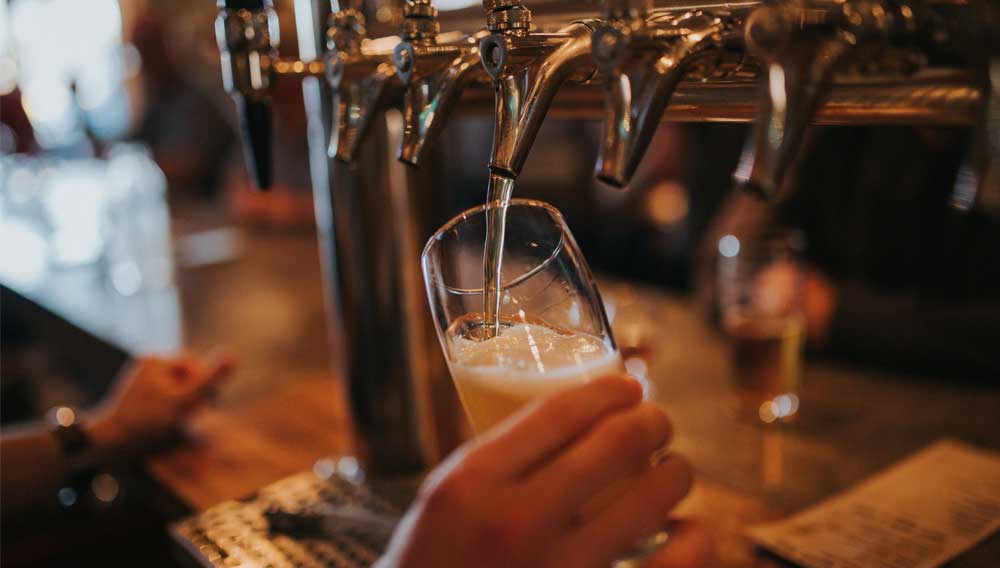
Cradle to cradle | Businesses around the world are under pressure to operate as sustainably as possible and the global brewing industry is no exception. Understandably, the use of packaging is under the spotlight in terms of supply chain benefits, product protection and with the rise in consumer environmental awareness the packaging end of life and re-use. Reduction in the use of plastics, recycling, was the aim a few years ago but now business models need to move towards a full circular evidenced lifecycle solution.
Corona crisis | Covid-19 took just weeks to overwhelm the world and grind commerce to a halt. No one knows if the lockdown-triggered recession will be short-lived or sustained. But brewers already see mayhem.
Corona crisis | In an open letter to the Presidents of the European Commission, Council, Parliament, Eurogroup and EBC, and the national finance ministers across Europe, the Brewers of Europe plead for a number of measurements to support the hospitality sector.
Difficult economic environment | The Neutraubling-based manufacturer of filling and packaging technology achieved its 3% growth target in 2019 despite the difficult overall economic environment. Revenue increased by 2.7% year-on-year, from EUR 3,854.0 million to EUR 3,958.9 million.
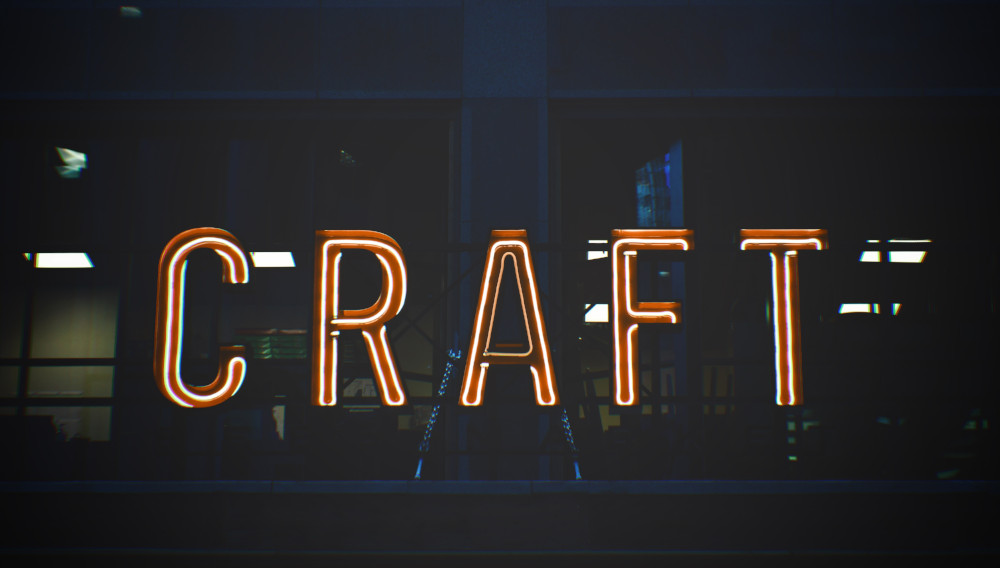
Customer perception | Large multinational brewers have long recognized the development of a profitable craft beer scene around the world. It comes as no surprise to find them trying to participate in this trend by acquiring already successful and established craft breweries. But how do customers react to such a takeover and how do they perceive it?
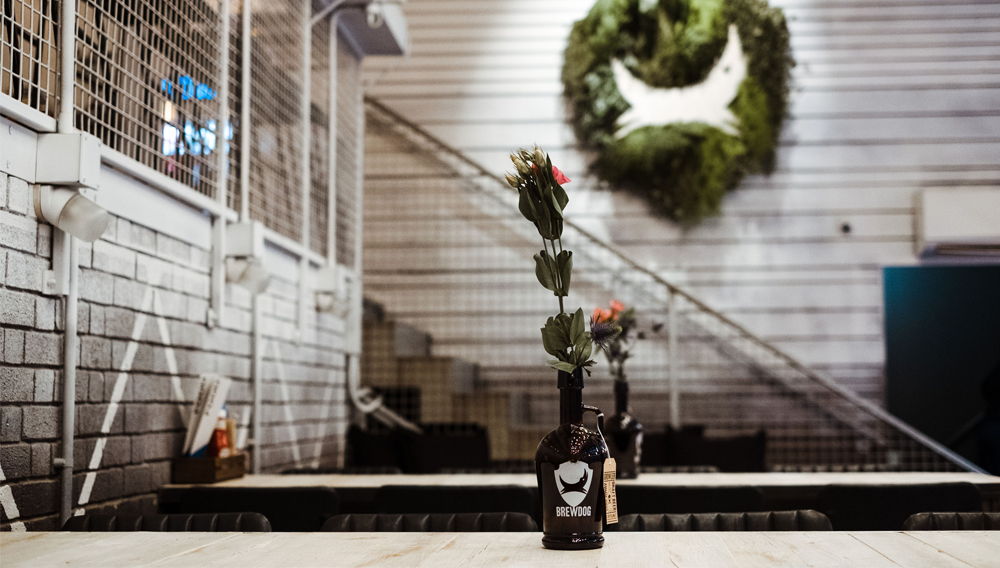
Globalisation | Craft brewers may see themselves as revolutionaries. But when it comes to setting up an international distribution, they have resorted to the Big Brewers’ time-worn models, which built on exports and licensing agreements to establishing breweries abroad, including some foreign M&A.
EBC publications | The EBC Executive Team members met on the 13th of November, during the BrauBeviale 2019 edition, to finalise the Work Plan 2020.
Important growht market | Ziemann Holvrieka expands its presence in Israel by signing an agreement on strategic alliance with the Israeli process technology and packaging specialist DrinkTech Ltd.
Krones | On 12 December 2019, the executive board of the Neutraubling-based company decided on additional structural efficiency measures.

